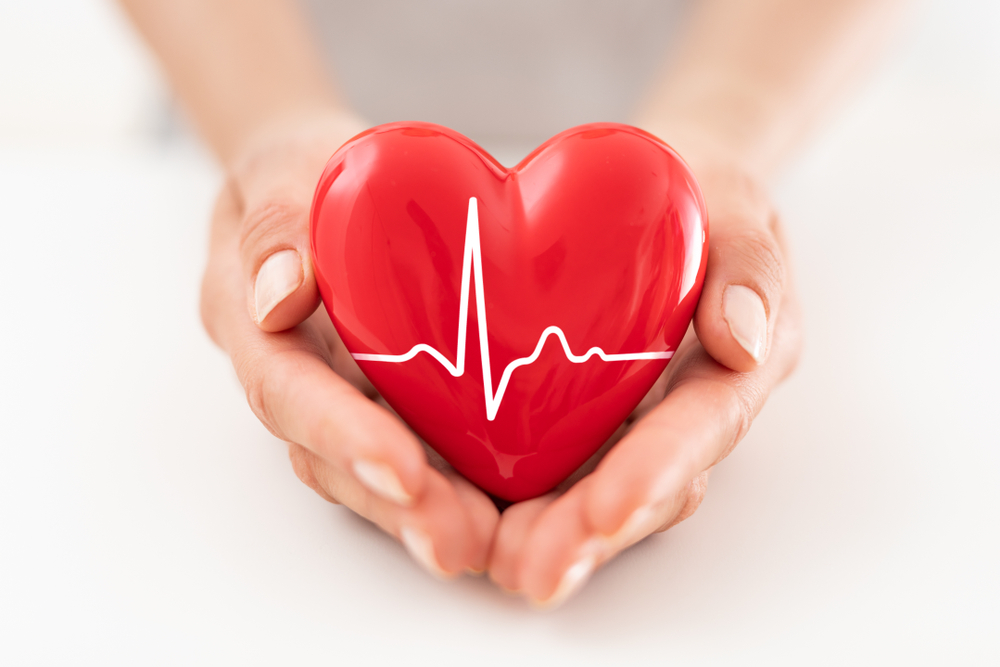As you age, your heart requires more attention and care. After the age of 50, your risk for heart disease, high blood pressure, and other cardiovascular problems increases. Many people are aware of the benefits of staying active and managing stress, but few realize how much of an impact their daily food choices have on heart health. Certain foods may seem harmless or even healthy, but they can quietly raise cholesterol, spike blood pressure, and promote inflammation. The good news is that knowing what to watch out for can help you make better choices. Here are nine common foods that could harm your heart after 50 and what to eat instead.
Processed Meats Are Loaded With Salt and Saturated Fat
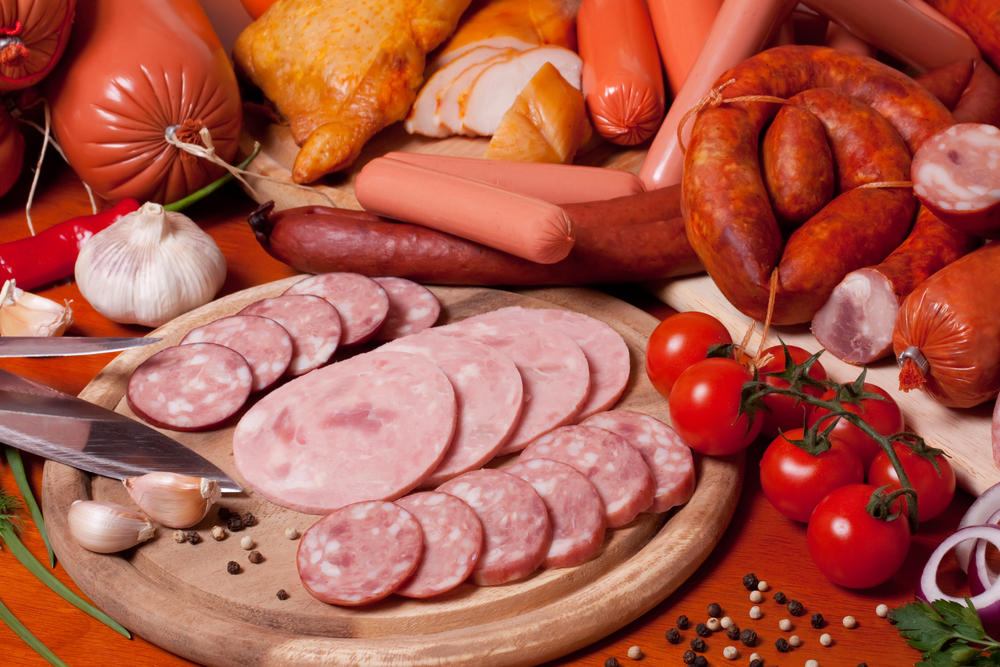
Processed meats like bacon, sausage, deli turkey, and ham are popular and convenient, but they are dangerous for heart health. These products are often packed with sodium and saturated fat, both of which contribute to high blood pressure and clogged arteries. Nitrates and preservatives found in processed meats have also been linked to inflammation, which is a known risk factor for heart disease. Eating these meats regularly can gradually damage blood vessels and raise your chances of developing cardiovascular problems. A better option is to choose lean cuts of poultry or plant-based proteins like beans or tofu, which are lower in sodium and fat.
Fried Foods Increase Bad Cholesterol
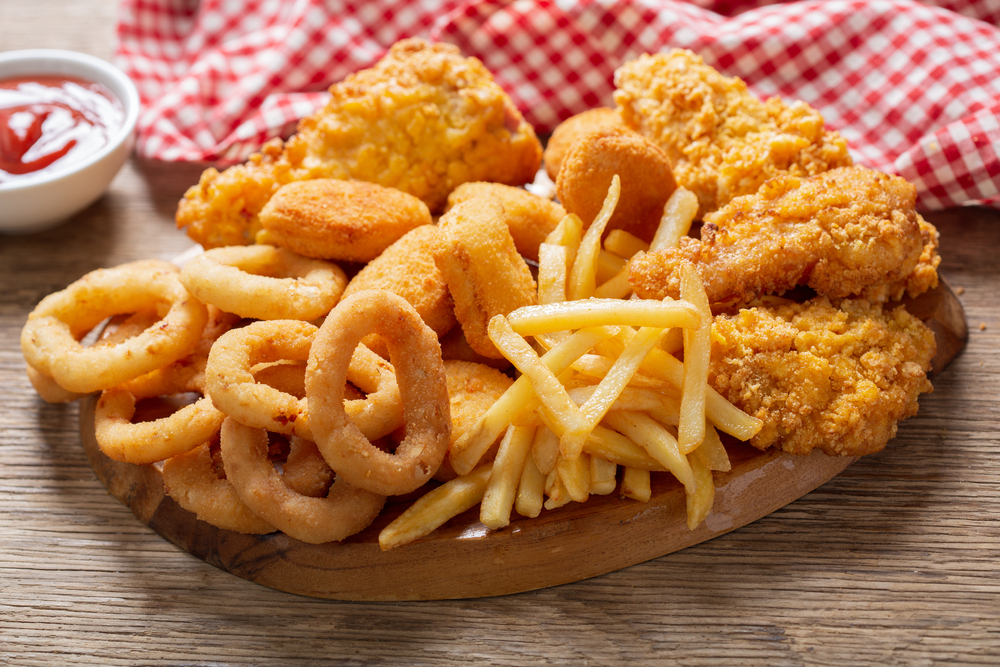
Fried foods are hard to resist, but they are high in unhealthy trans fats and refined oils that damage your heart. Items like french fries, fried chicken, onion rings, and even deep-fried vegetables absorb large amounts of oil during cooking. This increases levels of LDL, also known as bad cholesterol, while reducing HDL, the good cholesterol that helps clear your arteries. The more often you eat fried foods, the more likely you are to develop plaque buildup in your blood vessels. Instead of frying, try baking, air frying, or grilling your meals. These cooking methods reduce fat content while preserving flavor and texture.
White Bread and Refined Carbs Raise Blood Sugar
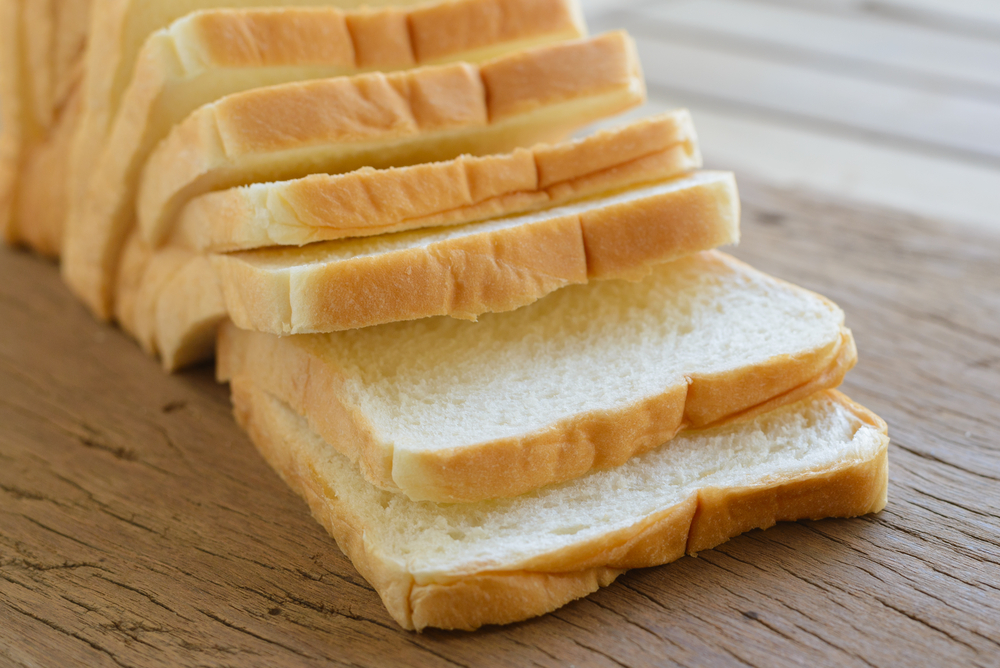
Refined carbohydrates such as white bread, white rice, and pastries may not seem harmful, but they break down quickly into sugar and cause blood sugar spikes. Over time, this can lead to insulin resistance, weight gain, and an increased risk of heart disease. After 50, your metabolism slows down, and your ability to manage glucose efficiently declines. Choosing refined carbs too often can add stress to your heart. Whole grains like oats, brown rice, quinoa, and whole wheat bread are healthier alternatives. They contain fiber, which helps regulate blood sugar and supports better heart function.
Canned Soups and Instant Noodles Contain Too Much Sodium
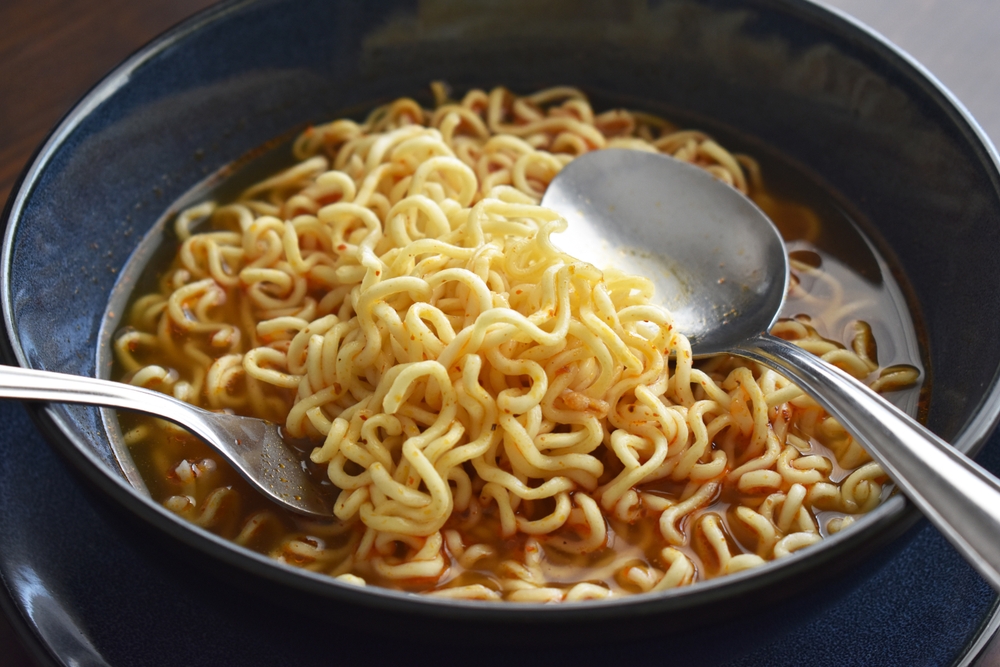
Convenience foods like canned soup and instant noodles often contain excessive amounts of sodium, which raises blood pressure and strains the heart. Some canned soups have more than half the recommended daily limit of sodium in one serving. High sodium intake forces your heart to work harder and can lead to stiffness in the arteries. This increases your risk of heart attacks and stroke. When choosing canned foods, read the labels and opt for low-sodium versions. Better yet, make your own soup at home using fresh vegetables, herbs, and spices for flavor without the added salt.
Read More: How to Reverse Your Heart Age by 20 Years with Simple Daily Habits
Pastries and Baked Goods Are High in Sugar and Fat
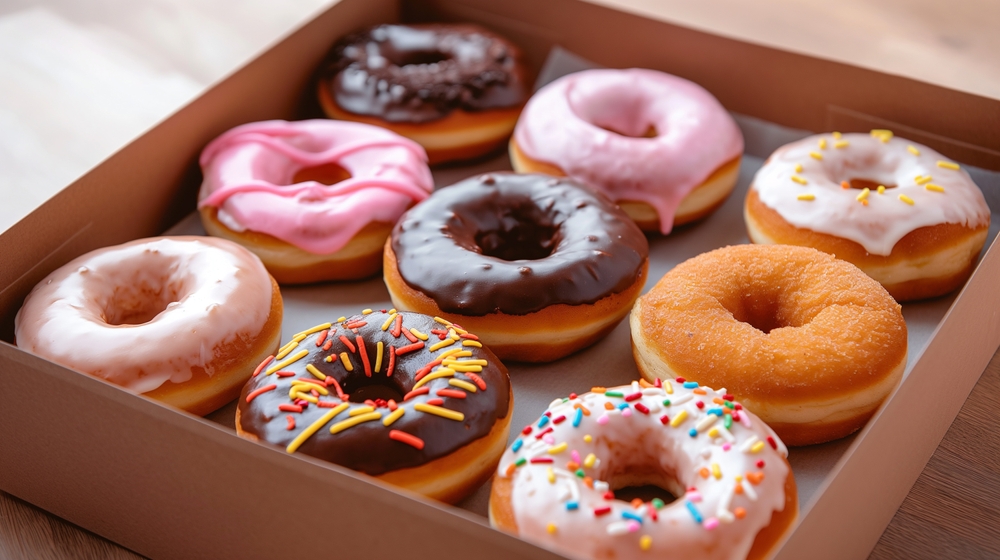
Pastries, donuts, cakes, and muffins are filled with refined sugars, unhealthy fats, and simple carbohydrates. These ingredients promote weight gain, increase triglyceride levels, and elevate blood sugar. After 50, your body becomes more sensitive to these effects, making baked goods a risky choice for heart health. Store-bought versions often contain trans fats, even if they are labeled as zero trans fat, because of loopholes in labeling rules. Eating these foods occasionally is not harmful, but having them regularly can lead to significant cardiovascular damage. Baking your own treats at home using whole ingredients and reducing sugar content is a safer and more heart-conscious choice.
Butter and Cream-Based Sauces Add Saturated Fat
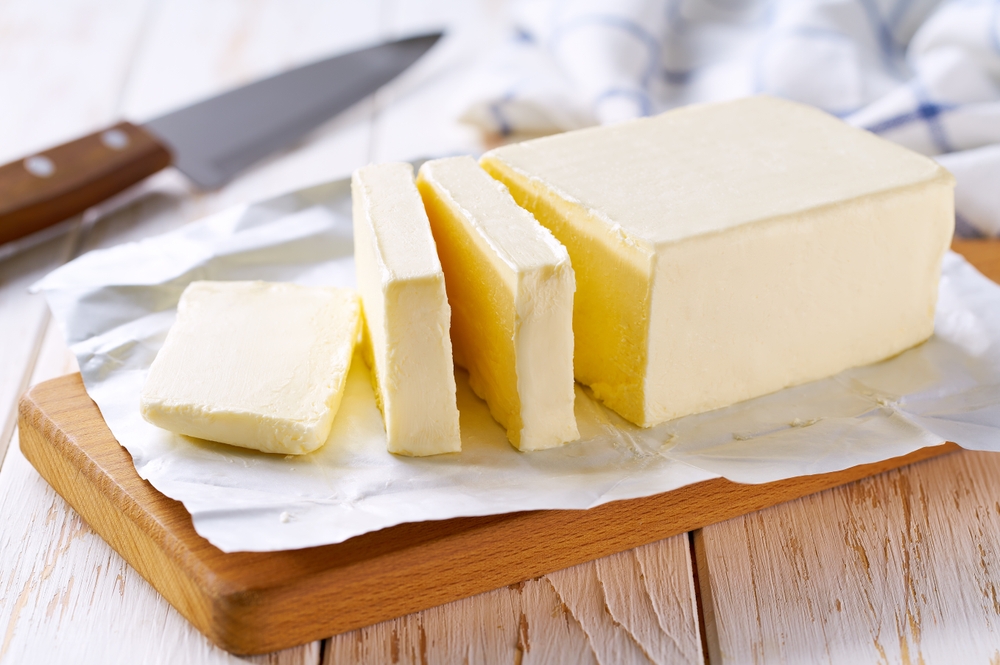
Heavy sauces made with butter, cream, or cheese add large amounts of saturated fat to your meals. Saturated fat raises LDL cholesterol and increases the risk of heart attacks. After 50, your body processes fats less efficiently, making it more important to limit high-fat ingredients. Foods like Alfredo pasta, creamy casseroles, and buttery mashed potatoes may taste delicious, but they can contribute to long-term artery damage. Swapping butter for olive oil and using light sauces made with broth, herbs, or yogurt can help reduce your fat intake without sacrificing flavor.
Red Meat Can Increase Inflammation and Heart Strain
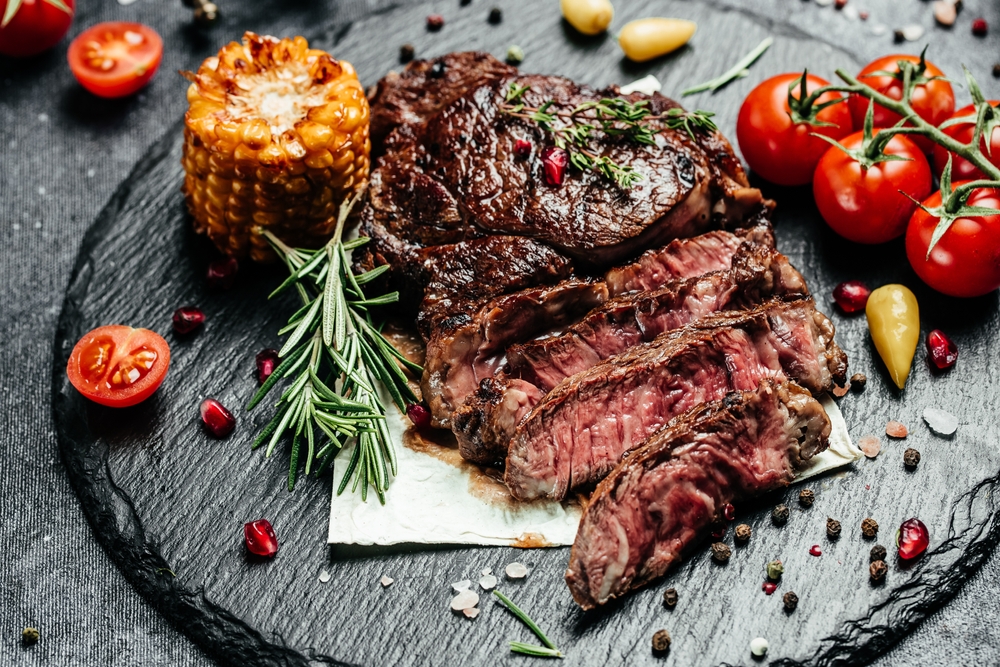
While red meat is a source of protein and iron, eating too much of it, especially fatty cuts like ribeye or ground beef, can negatively affect your heart. Red meat contains saturated fat and compounds that promote inflammation in the body. These substances can stiffen arteries and raise blood pressure over time. Many people over 50 experience changes in digestion and metabolism, which makes it harder to break down fatty meats. You do not need to cut red meat completely, but reducing portion sizes and choosing leaner cuts like sirloin or switching to plant-based proteins can ease the burden on your heart.
Soda and Sugary Beverages Weaken the Heart

Drinks like soda, sweetened iced tea, flavored coffee drinks, and even some fruit juices contain high levels of added sugar. These beverages offer no nutritional value and cause a rapid rise in blood sugar. High sugar intake has been linked to weight gain, high triglycerides, and inflammation, all of which increase heart disease risk. After 50, your risk becomes even greater as your body becomes less efficient at regulating glucose and processing empty calories. Replacing sugary drinks with water, unsweetened tea, or sparkling water with lemon is a smart way to support heart health and stay hydrated without added risks.
Read More: 9 Doctor-Approved Tips for Living a Longer, Healthier Life
Cheese and Full-Fat Dairy Contribute to High Cholesterol
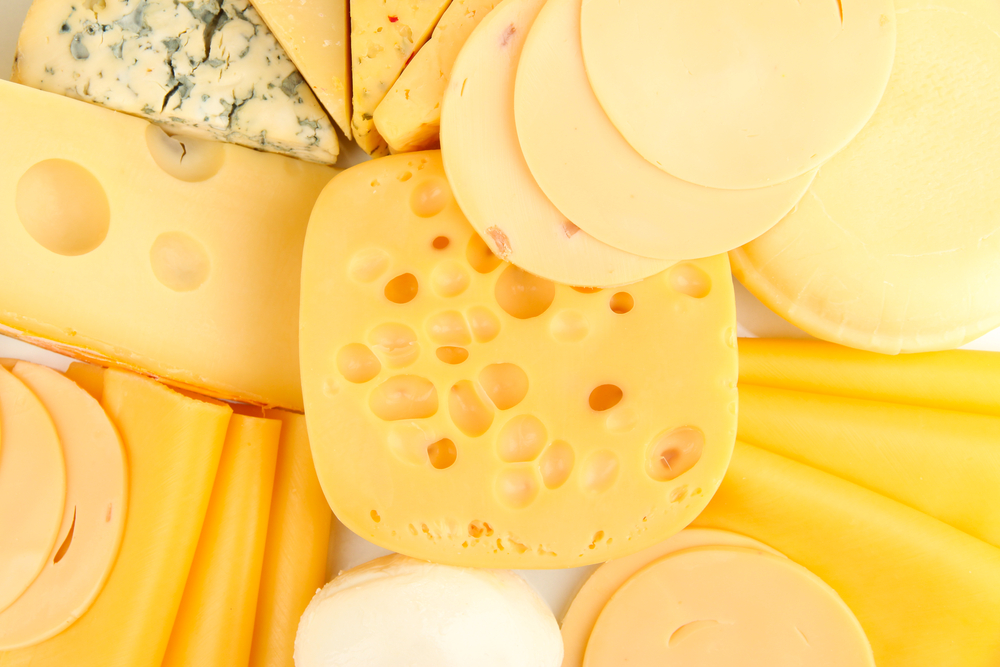
Cheese and other full-fat dairy products like whole milk, cream, and ice cream are high in saturated fat and cholesterol. Eating these foods regularly can raise LDL cholesterol and increase your risk of heart disease. While dairy does offer calcium and protein, it is important to choose lower-fat options after 50. Too much full-fat dairy can lead to artery blockage and reduced heart function. You do not need to avoid cheese completely, but consider using it in moderation and switching to part-skim or reduced-fat options when possible.
Final Thoughts
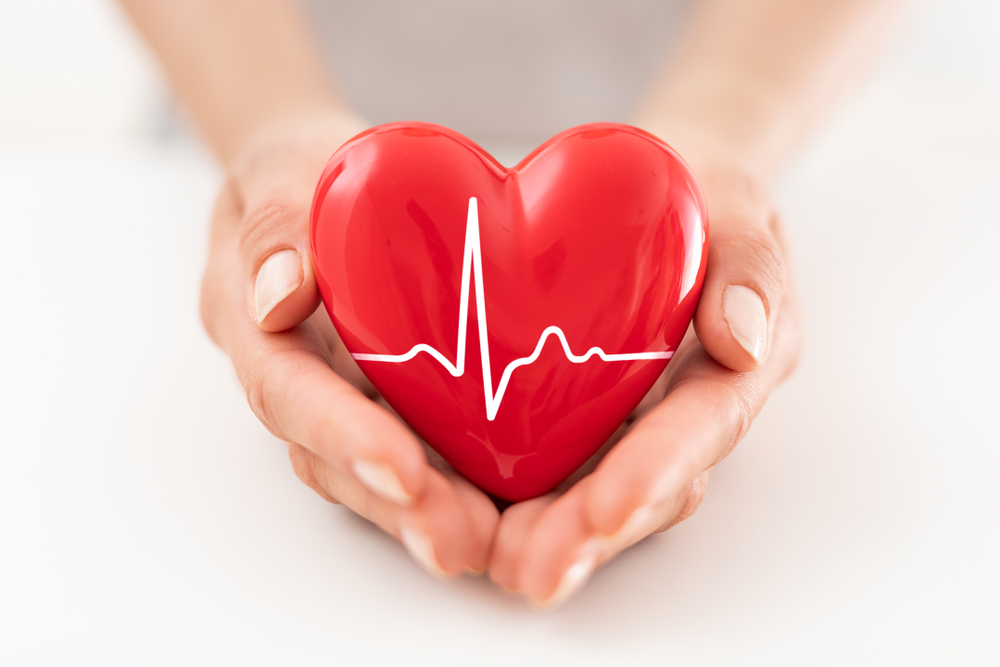
Your diet plays a major role in how well your heart functions after the age of 50. Some foods that seem harmless can have lasting effects on your cardiovascular system. Processed meats, fried foods, refined carbohydrates, sugary beverages, and heavy sauces may all contribute to poor heart health over time. The good news is that making small adjustments in your daily eating habits can reduce your risk of heart disease. Focus on whole foods, lean proteins, healthy fats, and fresh produce. Stay mindful of sodium, sugar, and saturated fat content in everything you consume. Your heart works hard for you every day. Make food choices that help it work better, not harder.
Disclaimer: This article was created with AI assistance and edited by a human for accuracy and clarity.
Disclaimer: This information is not intended to be a substitute for professional medical advice, diagnosis or treatment and is for information only. Always seek the advice of your physician or another qualified health provider with any questions about your medical condition and/or current medication. Do not disregard professional medical advice or delay seeking advice or treatment because of something you have read here.
